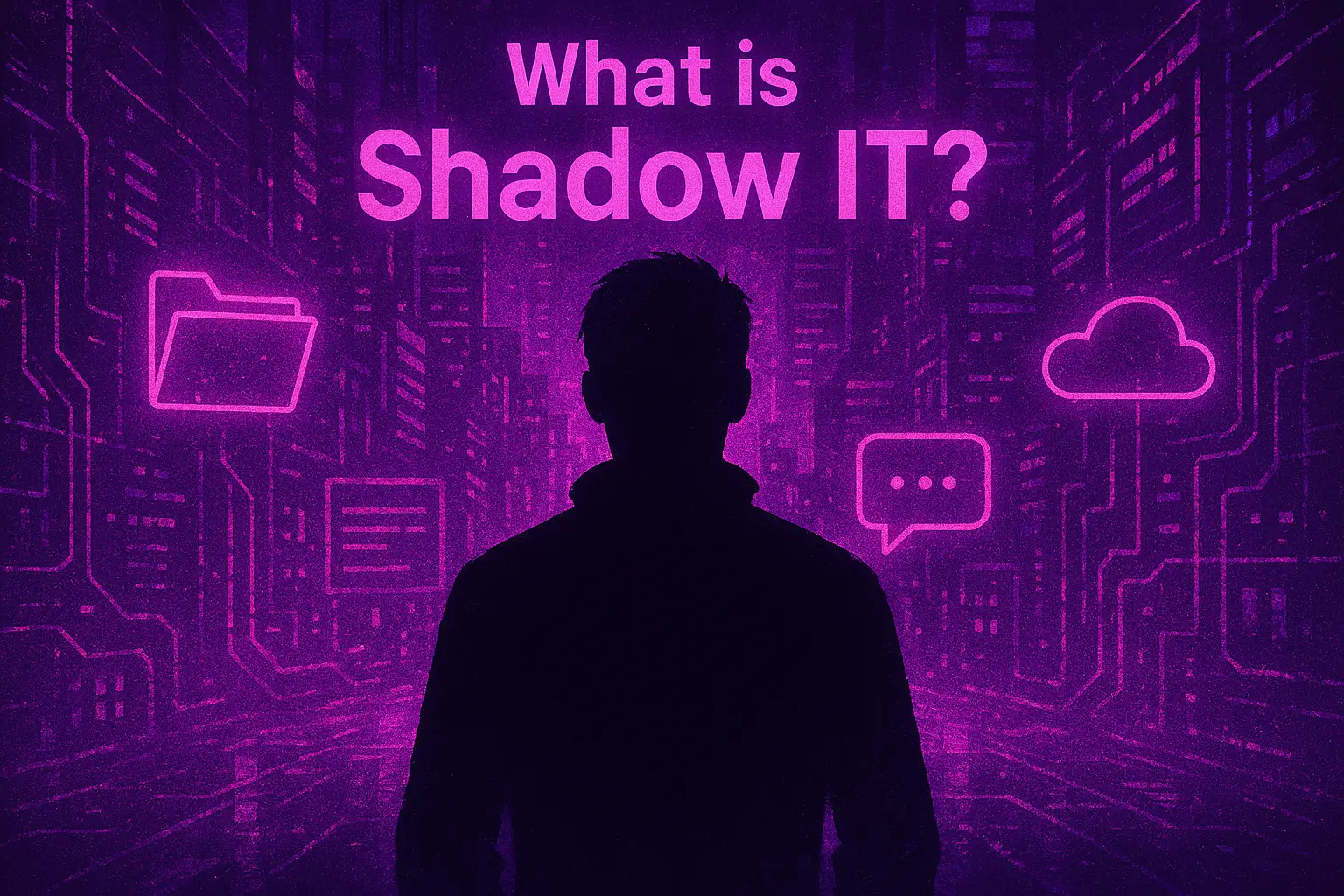Western Alliance Data Breach Tied to Cleo Software Flaw
April 2025 — Phoenix, Arizona
The Western Alliance data breach in April 2025 has raised serious concerns across the financial sector. The breach occurred due to a vulnerability in Cleo Integration Cloud, a file transfer system used by many banks.
This incident highlights the growing need for proactive security operations, including solutions like Security Operations Center as a Service (SOC), which help financial institutions detect and respond to threats faster and more effectively.
What Caused the Western Alliance Data Breach?
The incident was traced to Cleo Integration Cloud, a third-party software widely adopted by banks and logistics firms. The Cl0p ransomware group, already known for targeting the MOVEit platform in 2023, exploited a flaw in the Cleo system. This attack on Western Alliance is part of a broader trend in supply chain-based cybersecurity threats.
Financial institutions are increasingly turning to SOC to help detect vulnerabilities in third-party systems, reducing their risk exposure to incidents like these.
How Western Alliance Responded
Fortunately, Western Alliance detected the intrusion quickly using its internal monitoring tools. The bank immediately began working with cybersecurity experts and federal authorities to investigate the breach. According to official statements, the incident did not affect core banking operations or financial stability. However, some sensitive information may have been compromised.
Internal SOC teams helped identify suspicious activities and mitigate damage early in the attack. SOC solutions play a critical role in identifying and responding to threats in real-time, reducing the potential damage of such breaches.
Vendor Response and Ongoing Risks
In response to the breach, Cleo issued security patches and began coordinating with impacted clients, including Western Alliance. Experts recommend that all institutions adopt modern tools for threat intelligence sharing and proactive risk assessment.
Many organizations are now turning to SOC providers to enhance their threat visibility without the need for costly in-house infrastructure. Proactive security systems like SOC allow banks to react quickly to emerging threats, reducing the overall impact of a breach.
Financial Sector Faces Growing Cyber Risks
The Western Alliance data breach highlights a troubling shift in attack strategies. Cybercriminals increasingly exploit third-party software to breach high-value targets indirectly. As a result, regulatory agencies are calling for stricter controls and vendor oversight.
Modern attacks are harder to defend against because they often bypass traditional firewalls. Cybercriminals use sophisticated techniques that require organizations to disrupt attacker behavior in real time — something only a well-integrated SOC can accomplish.
Financial institutions that integrate SOC are better equipped to identify and respond to these attacks early, protecting sensitive data and avoiding major financial losses.
What Happens Next?
Going forward, Western Alliance plans to invest in advanced monitoring, detection, and incident response capabilities. These steps align with current best practices in managed SOC services, which help reduce response times and improve operational resilience. As banks continue to face evolving threats, increasing investment in comprehensive security solutions, including SOC, will be crucial.
Western Alliance’s commitment to stronger defenses underscores the importance of adopting a proactive approach to cybersecurity, with SOC services playing a pivotal role in detecting, preventing, and responding to future threats.






